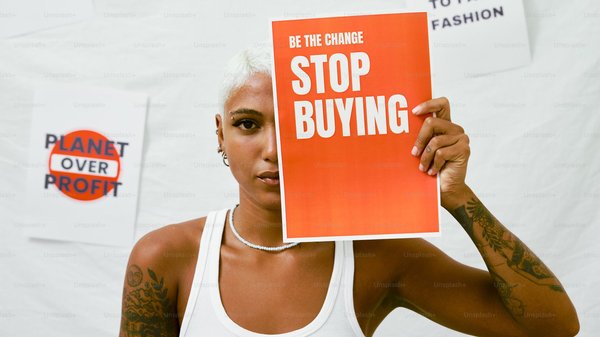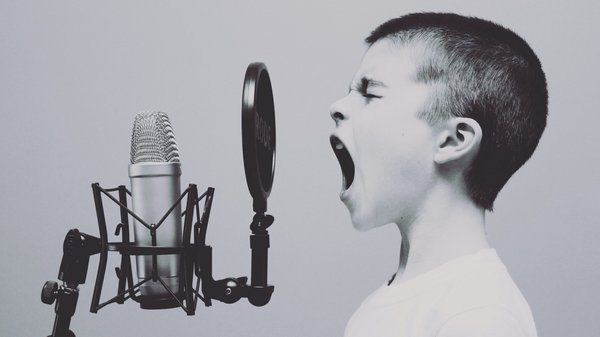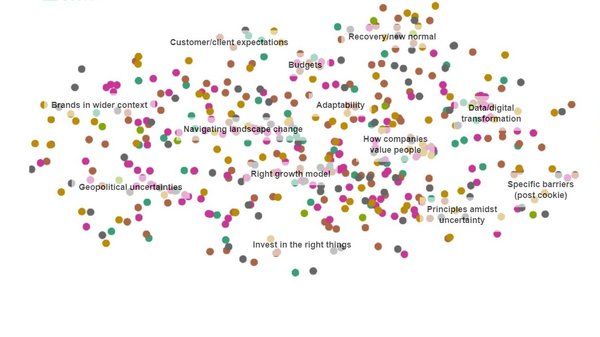Strategists’ Digest: Do big and small brands need different kinds of attention? /
How the size of a brand and its business objectives influence the type of attention a campaign should leverage
Alex Poultney
/
Photo by shuvrodeep dutta on Unsplash
Attention Applied: Harnessing the combined power of active and passive attention to drive business outcomes
By Karen Nelson-Field
Give it to me in one sentence.
Small brands need people to pay active attention to them, but big brands benefit more from passive attention.
Give me a little more detail.
The researchers used eye tracking and face-detection software to gauge people’s attention levels while they browsed their personal Pinterest pages, and then asked them a series of questions about the ads they encountered.
In total, 59,000 ads from 40 brands across various sectors and countries were analysed. And each brand was categorised as either big or small by analysing market share figures.
The researchers then used the attention and survey data to figure out the effect that attention (as well as things like reach, spend and creativity) had on the performance of the ads, using metrics like short-term sales lift, site traffic and brand equity (measured by mental availability).
The results showed that attention (whether active, passive or a combination of both) was a better predictor of campaign success than reach, creativity etc.
For this study, active attention was defined as ‘deliberate and focused mental engagement’, while passive attention was defined as ‘less deliberate and unfocused engagement where the brain processes information subconsciously’.
Passive attention appeared to be the best predictor of positive outcomes for big brands, not just ranking ahead of active attention, but also total attention (a combination of Passive and Active Attention).
But for brands with smaller market share, active attention was the best predictor of positive performance.
The researchers concluded that passive attention is ideal for big brands because of its ability to leverage known, existing brand assets to strengthen brand equity. It is better suited to reinforcing a brand’s presence, as opposed to growing it, and helps to encourage repeat purchases from existing buyers.
On the other hand active attention is thought to be better for small brands because it allows them to engage new buyers through sustained mental engagement while being better suited to educating consumers about its brand and products.
Why is this interesting?
Attention is the life-blood of advertising, although there is some debate about exactly what role it plays. Professor Byron Sharp, from the Ehrenberg-Bass Institute for Marketing Science, argues that while some attention is necessary for an ad to be effective, brands that covet ever-greater levels of it are wasting their time. In a recent paper, he wrote: ‘Attention scores for advertisements do not appear to predict advertising effectiveness. Paying more or optimising creative for longer attention is unlikely to be worthwhile.’
Nelson-Field’s paper seems to contradict this, and it differentiates between types of attention, as well as their effects on different sizes of brand.
We’re not in a position to come down on either side of the debate, but it’s one worth keeping an eye on.
Any weaknesses?
The findings are only directly applicable to Pinterest ads. While there may be similarities with other social media platforms, it’s impossible to tell whether different results would be observed for different sites.
The measure for brand equity in the study could also be questioned. Mental availability may not be the best way to represent the unique value consumers perceive a brand to possess.
Where can I find the whole report?
Here, but it’s not free
Want more research? /
Contagious IQ is packed with summaries of the most interesting and relevant studies on how advertising works and people behave, as well best-in-class campaigns from the around the world, in-depth strategy interviews with agencies and marketers, and much more. Click here to book a free demo.
Want more of the same? /
We don’t just write about best-in-class campaigns, interviews and trends. Our Members also receive access to briefings, online training, webinars, live events and much more.






